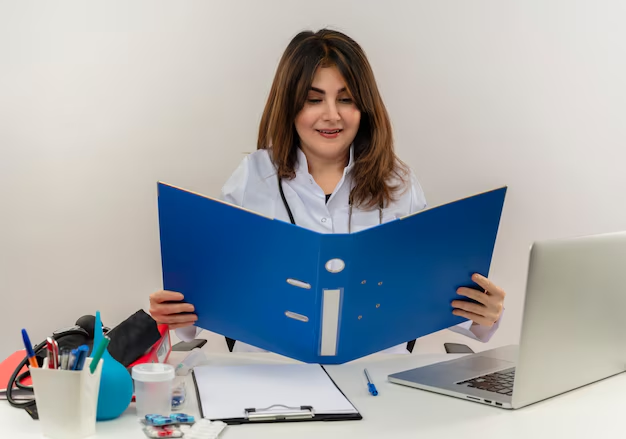The world of medicine is surrounded by myths and misconceptions, often passed down through generations or fueled by misinformation. These myths can lead to unnecessary fear, incorrect treatments, and even a delay in seeking proper medical care. It’s time to separate fact from fiction and empower patients with accurate information.
Myth 1: Cracking Your Knuckles Causes Arthritis
One of the most widespread medical myths is that cracking your knuckles will lead to arthritis. The truth is, there is no scientific evidence supporting this claim. The popping sound is simply the release of gas bubbles in the joint fluid, and while it might annoy those around you, it’s harmless and not linked to arthritis.
Myth 2: You Should Starve a Fever and Feed a Cold
The old adage “starve a fever, feed a cold” has been debunked by medical experts. Both fever and cold require proper hydration and nutrition to help your body recover. Starving yourself can weaken your immune system and slow the healing process. Instead, focus on maintaining a balanced diet and drinking plenty of fluids.
Myth 3: Antibiotics Work Against Viruses
Antibiotics are powerful drugs, but they are only effective against bacterial infections, not viruses. Conditions like the common cold, flu, and most sore throats are caused by viruses, and taking antibiotics for them is not only ineffective but can also contribute to antibiotic resistance. Always consult your doctor to determine the appropriate treatment for your illness.
Myth 4: Vaccines Cause Autism

This myth gained traction from a discredited study in the late 1990s but has been thoroughly debunked by extensive research. Vaccines are safe and effective in preventing life-threatening diseases. They are an essential part of public health and do not cause autism.
Myth 5: Drinking Eight Glasses of Water a Day Is Mandatory
While staying hydrated is important, the “eight glasses a day” rule isn’t backed by science. Hydration needs vary based on age, activity level, climate, and overall health. Listen to your body and drink water when you’re thirsty, ensuring you stay adequately hydrated.
Myth 6: You Lose Most Body Heat Through Your Head
The claim that you lose 40-50% of your body heat through your head is a myth. Heat loss depends on which part of the body is exposed, not specifically the head. Wearing appropriate clothing for the weather is key to retaining body heat.
Myth 7: Sugar Makes Kids Hyperactive
Many parents believe that sugar causes hyperactivity in children, but scientific studies have shown no direct link. Hyperactivity is more likely influenced by the environment or excitement, such as at parties or holidays, rather than sugar consumption.
Myth 8: You Shouldn’t Wake a Sleepwalker
While it’s true that waking a sleepwalker can startle them, it is not dangerous. The real danger lies in letting them wander unsupervised, as they might injure themselves. Gently guiding a sleepwalker back to bed is the best course of action.
Conclusion
Medical myths often stem from misinformation and can lead to unnecessary anxiety or harmful practices. By debunking these myths, we aim to encourage informed decision-making and trust in medical professionals. Knowledge is a powerful tool in maintaining your health, so always seek credible sources and consult with healthcare experts for clarity.
FAQs
Q. Is it true that eating carrots improves your night vision?
While carrots are rich in vitamin A, which is essential for eye health, they won’t dramatically enhance your night vision unless you have a deficiency.
Q. Does cold weather make you sick?
Cold weather itself doesn’t cause illness. Viruses that cause colds and flu are more prevalent during colder months because people tend to stay indoors, increasing the chances of transmission.
Q. Can hair turn gray overnight due to stress?
Hair doesn’t turn gray overnight. While stress can contribute to graying over time, the process is gradual and influenced by genetics.
Q. Is it unhealthy to sleep with wet hair?
Sleeping with wet hair isn’t harmful, but it can lead to discomfort and increase the risk of fungal infections on your scalp in certain cases.
Q. Does an apple a day really keep the doctor away?
While apples are nutritious and promote good health, maintaining a balanced diet and a healthy lifestyle is more effective in reducing doctor visits.

